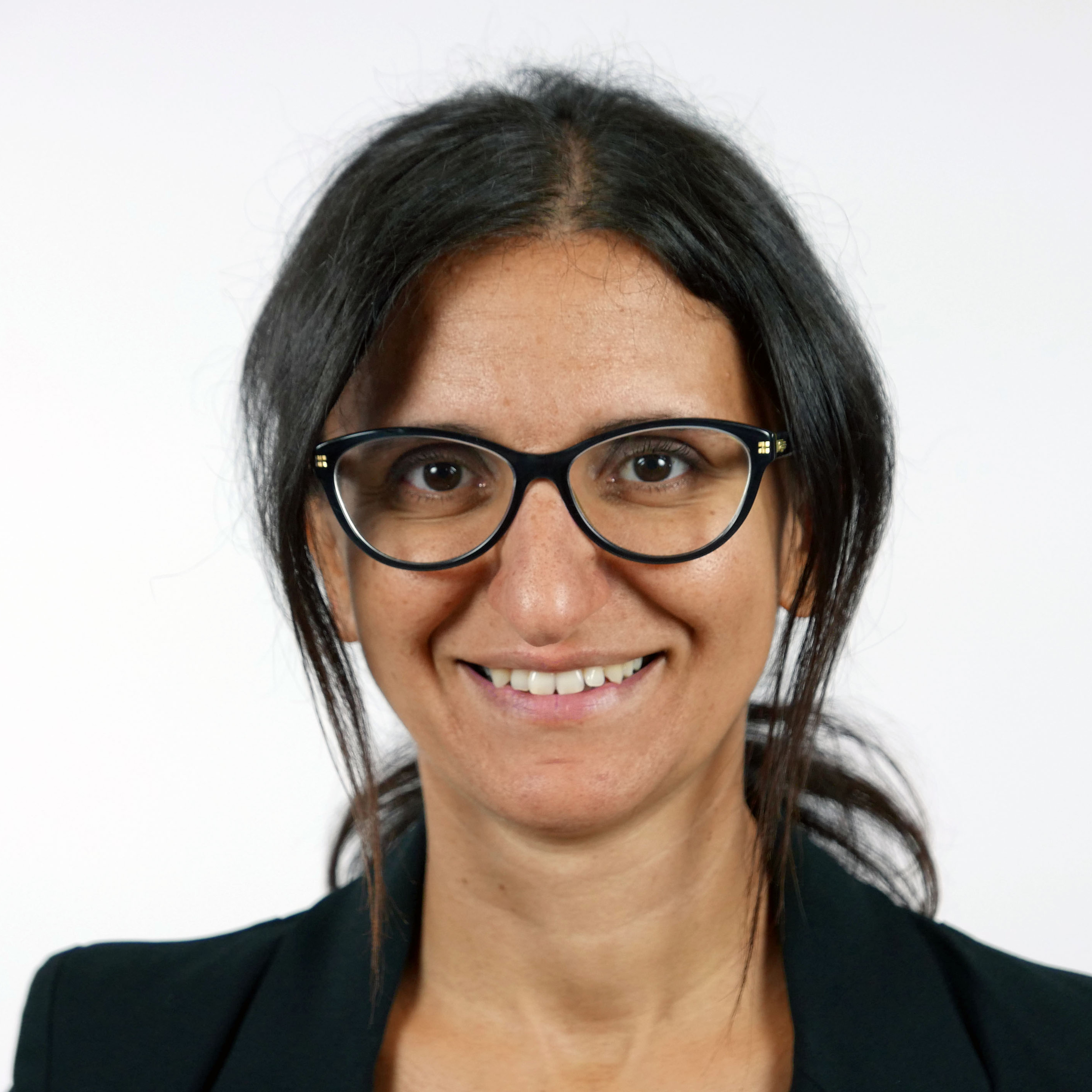Additional resources
Additional resources
This course introduces the key theories, concepts, models and approaches related to Production and Logistics Systems.
Introduction to Management Engineering Series
This MOOC is part of the Introduction to Management Engineering series, which is designed to introduce prospective master students and people interested in managerial disciplines into the key fundamentals of Management Engineering. Through an analytical and engineering approach, the series provides basic concepts and language in the areas of Strategy, Economics, Financial Accounting, Organization, and Operations Management.
The series is the result of a collaborative design between METID, the unit of Politecnico di Milano devoted to teaching and learning innovation, and the Study Course in Management Engineering.
See the full seriesCourse description
Operations are those processes through which companies produce and distribute products and services to their customers. They are fundamental for two main reasons: on the one hand, they impact the costs companies have to face and, on the other hand, they strongly affect the service level seen by the customers.
This course will address the description and the classification of production and logistics systems, the methodologies and the indicators for measuring both their internal and external performances, and the techniques to conduct the most important planning processes:
- demand planning – the demand forecasting process and the forecasting models based on time series;
- inventory planning – the typologies of inventories and the models to manage them;
- production planning - the principles of production planning and the models to generate the Master Production Schedule (MPS);
- materials planning - material requirements planning (MRP).
At the end of this course you will thus be able to understand and properly make the main decisions to manage production and logistics systems.
Total workload of the course: 25 hours
This MOOC is provided by Politecnico di Milano.
Intended Learning Outcomes
By actively participating in this MOOC, you will be able to:
- Define the basic concepts related to production and logistics systems.
- Analyse the main typologies of production systems.
- Analyse the main typologies of distribution systems.
- Develop a performance measurement system.
- Discriminate between internal and external performances of a production and logistics system.
- Evaluate performances of customer service.
- Evaluate internal performances of a production and logistics system.
- Understand the role of demand planning in the supply chain planning process.
- Identify the main elements of the forecasting problem.
- Analyse a time series and identify its main features.
- Select the most suitable model to forecast demand.
- Apply the Holt-Winters method to forecast future demand.
- Evaluate forecasting accuracy.
- Define the different roles and typologies of inventories in a logistics system.
- Design the inventory planning process.
- Measure performances of the inventory planning process.
- Design and apply inventory management models: Reorder Point model and Periodic Review model.
- Optimise inventory planning.
- Minimize inefficiencies in inventory management.
In broad terms, the participant will develop the learning outcomes in the areas of: ESCO: business processes, ESCO: production processes, ESCO: logistics, ESCO: analysing business operations, ESCO: forecast products' demand, ESCO: manage inventory.
Prerequisites
No formal knowledge is required for this course.
Activities
Over and above consulting the content, in the form of videos and other web-based resources, you will have the opportunity to discuss course topics and to share ideas with your peers in the Forum of this MOOC. The forum of this MOOC is freely accessible and participation is not guided; you can use it to compare yourself with other participants, or to discuss course contents with them.
Assessment
Your final grade for the course will be based on the results of your answers to the assessed quizzes. You have an unlimited number of attempts at each quiz, but you must wait 15 minutes before you can try again. You will have successfully completed the course if you score 60% (or higher) in each one of the assessed quizzes. The maximum score possible for each quiz is given at the beginning of the quiz. You can view your score in the quiz on your last attempt or on the 'Grades' page.
Certificate
You can achieve a certificate in the form of an Open Badge for this course if you reach at least 60% of the total score in each one of the assessed quizzes and complete the final survey.
Once you have completed the required tasks, you will be able to access ‘Get the Open Badge’ and start issuing the badge. Instructions on how to access the badge will be sent to your e-mail address.
The Badge does not confer any academic credit, grade or degree.
Information about fees and access to materials
You can access the course absolutely free of charge and completely online.
Course faculty

Riccardo Mangiarancina
Riccardo Mangiaracina is an Associate Professor at Politecnico di Milano, Italy, where he chairs the course on Logistics and Production Systems Management. He lectures and undertakes research on logistics, supply chain management and e-commerce. He is the Scientific Director of the B2c E-Commerce Observatory, and the Electronic invoicing and B2b E-Commerce Observatory of Politecnico di Milano School of Management. He is also the Director of the Digital Export Observatory.

Angela Tumino
Angela Tumino, Ph.D., is an Assistant Professor at the School of Management of Politecnico di Milano, where she chairs the course on Logistics and Production Systems Management. Her main research activities are related to logistics, supply chain management, Internet of Things, and e-commerce, and she is author of several publications on scientific journals and conference proceedings on these topics. Since 2011, she is Director of the Internet of Things Observatory of Politecnico di Milano School of Management.

Alessandro Brun
Alessandro Brun was Associate Professor of Quality Management at the School of Management of Politecnico di Milano. His main research streams are related to Supply Chain Management, Quality Management and Operational Improvements in manufacturing and service industries; he published more than 200 among papers, books and book chapters on the same topics. At MIP Graduate School of Business he was Director of the Master in Global Luxury Goods and Services Management. He was founder of the Sustainable Luxury Academy.

Giovanni Miragliotta
Giovanni Miragliotta is Associate Professor at the Department of Management, Economics and Industrial Engineering, Politecnico di Milano, Italy. He is member of the Faculty of MIP, the Business School of Politecnico di Milano, and co-director of the Italian Observatory on Smart Manufacturing and of the Italian Observatory on Internet of Things. He is the project manager of Internet of Things Lab of the Politecnico di Milano. Together with some methodological topics, his major research areas are New Mobile Technologies and their impact on Operations and Business processes, Operations management in Luxury Companies, and Supply Chain Management.
Contact details
If you have any enquiries about the course or if you need technical assistance please contact pok@polimi.it. For further information, see FAQ page.